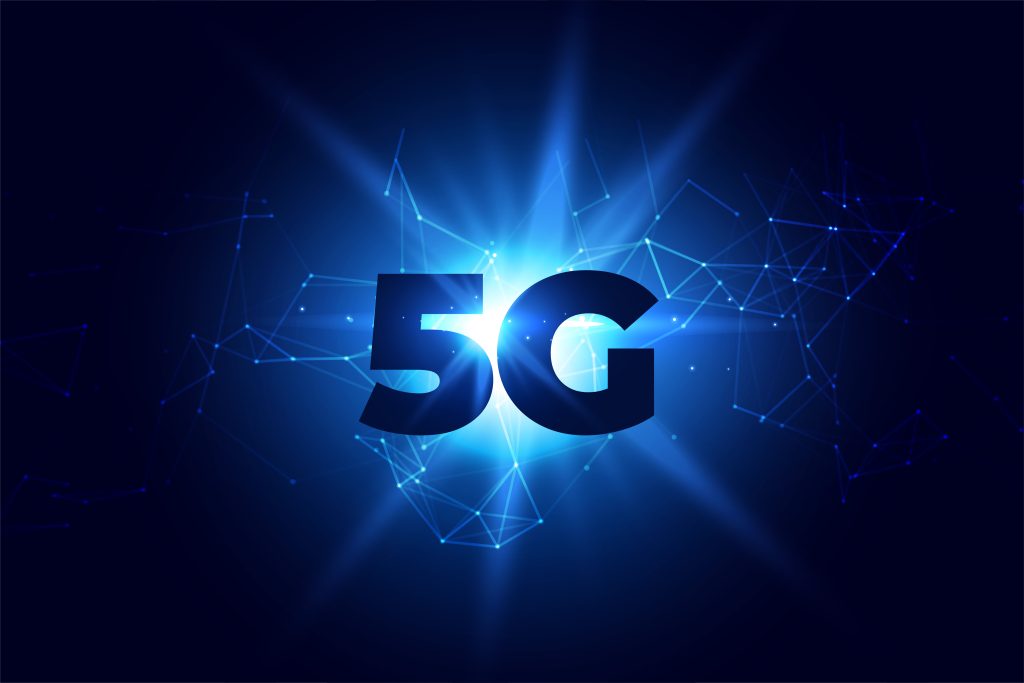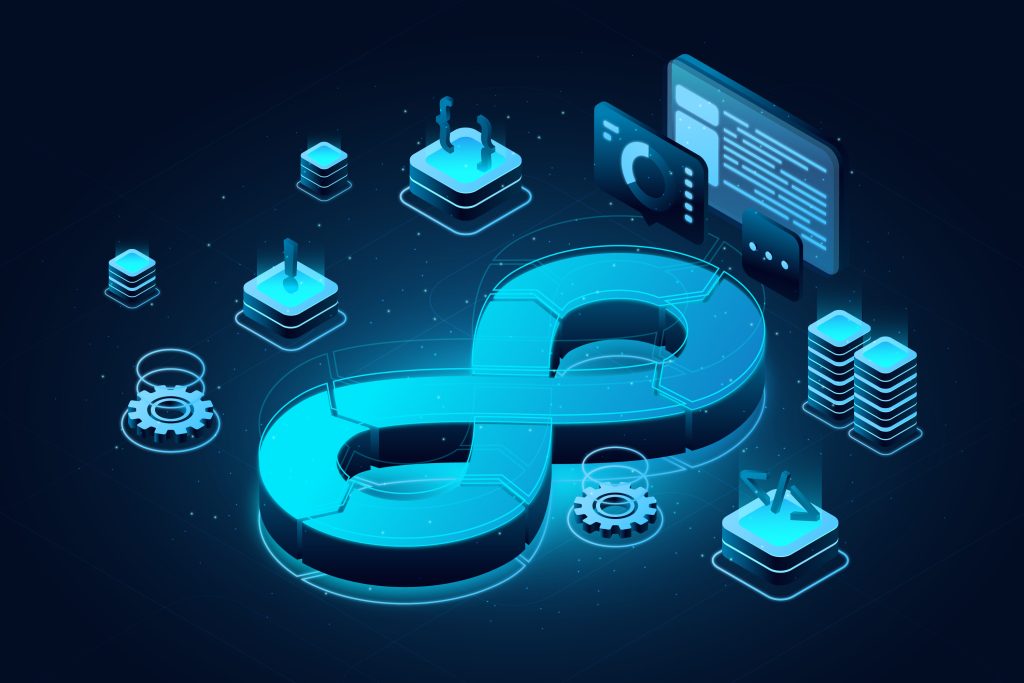As 5G technology continues to roll out across the globe, its implications stretch far beyond faster smartphone connections. One of the most transformative applications of 5G lies in the development and operation of smart cities. From traffic management to public safety, 5G is laying the groundwork for more connected, efficient, and intelligent urban spaces.
Understanding 5G
5G is the fifth generation of mobile network technology, offering faster speeds, lower latency, and greater connectivity than its predecessors. It enables massive amounts of data to be transmitted in real-time, making it ideal for applications involving sensors, automation, and remote control systems.
Key Features of 5G:
- High Data Rates: Speeds up to 100x faster than 4G.
- Ultra-Low Latency: Real-time communication with delays as low as 1 millisecond.
- Massive Device Connectivity: Can support up to 1 million devices per square kilometer.
5G’s Role in Building Smart Cities Smart cities use data and technology to optimize resources, improve services, and enhance the quality of life for citizens. 5G is the backbone of these innovations by enabling instantaneous communication among various components of urban infrastructure.
1. Traffic and Transportation
With 5G, cities can implement smart traffic lights that adjust in real-time based on congestion patterns. Vehicle-to-Infrastructure (V2I) communication allows autonomous cars to interact with roadways, improving safety and reducing accidents.
2. Energy Management
Smart grids powered by 5G can respond dynamically to demand, integrate renewable sources more effectively, and reduce energy waste. Real-time monitoring also enables faster outage responses.
3. Public Safety and Emergency Response
5G allows for faster data sharing among emergency responders. High-definition video feeds, drone surveillance, and real-time communication enhance situational awareness during crises.
4. Environmental Monitoring
Sensors can detect air quality, noise levels, and temperature across the city. This data helps city planners and health officials make informed decisions and policy recommendations.
5. Healthcare and Telemedicine
With the reliability and speed of 5G, remote diagnostics, virtual consultations, and even robotic surgeries become feasible—especially beneficial in underserved or remote communities.
Challenges and Considerations
Despite its potential, the adoption of 5G in smart cities faces several hurdles:
- Infrastructure Costs: Laying fiber and installing small cell towers can be expensive.
- Cybersecurity Risks: Greater connectivity increases vulnerability to cyberattacks.
- Privacy Concerns: Data from surveillance and sensors must be handled ethically and securely.
Conclusion
5G is a foundational technology for the cities of tomorrow. Its ability to enable real-time, high-volume communication will reshape how urban centers operate and how people interact with their environments. As municipalities embrace this innovation, collaboration between tech providers, government agencies, and citizens will be key to building truly smart, inclusive, and sustainable cities.
Stay tuned for the next article in the tech blog series!













